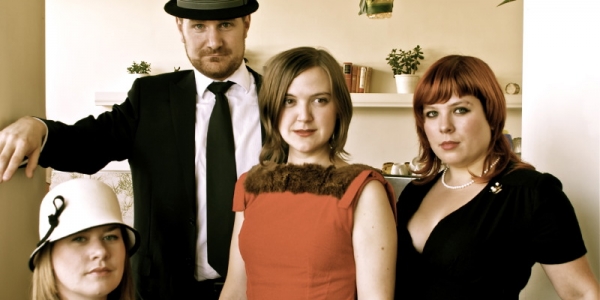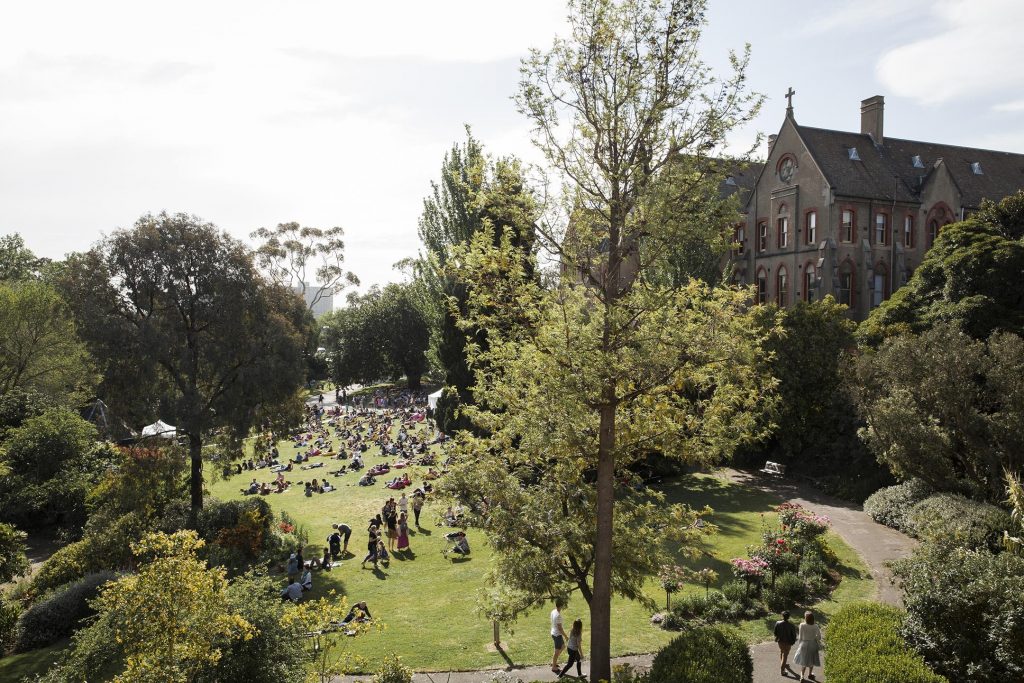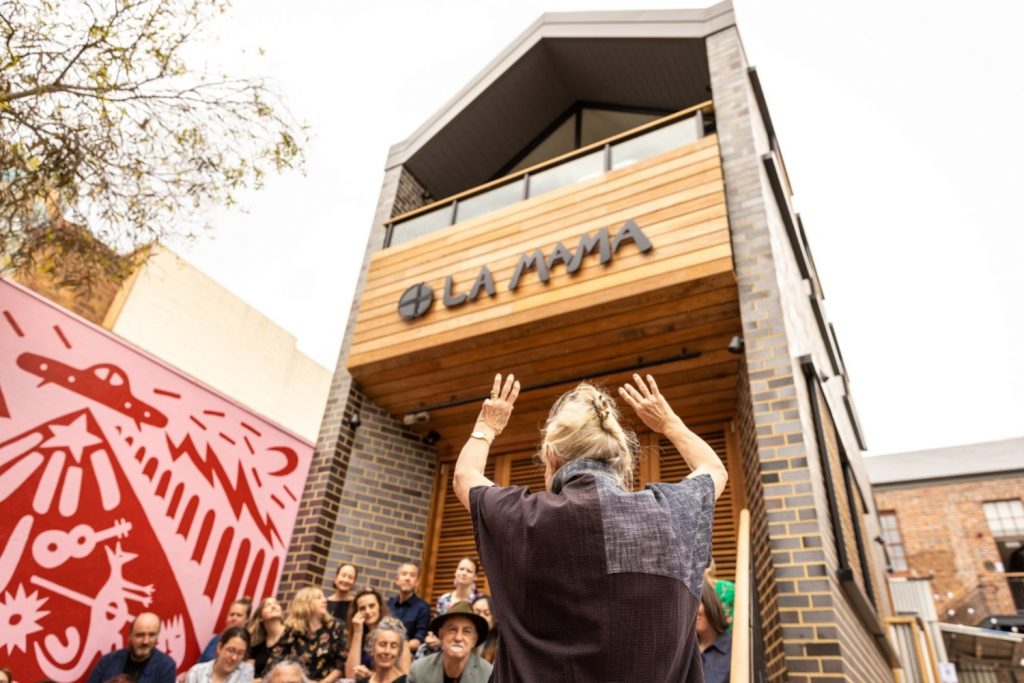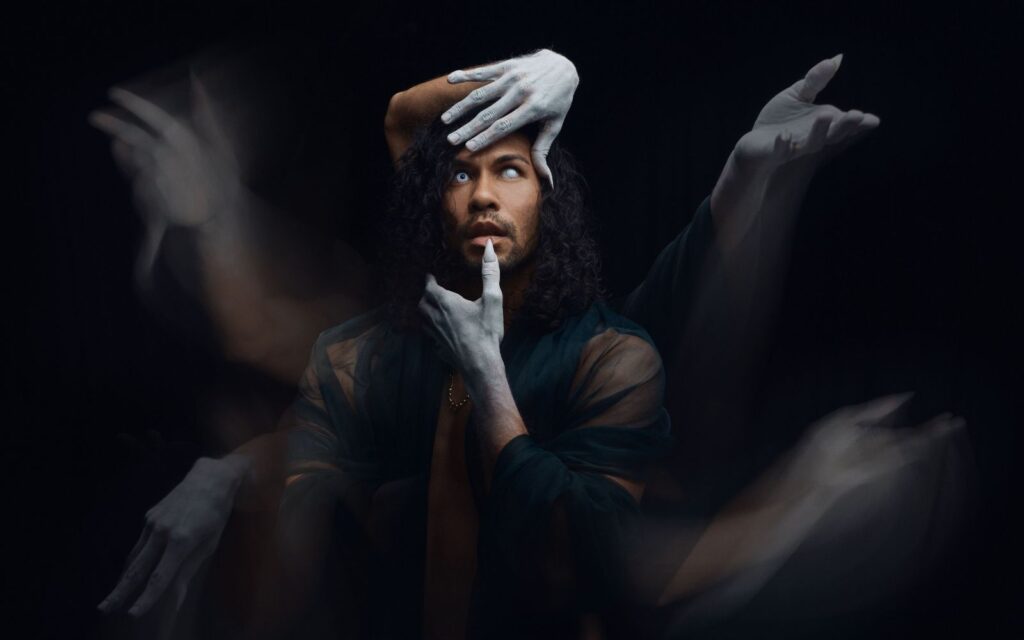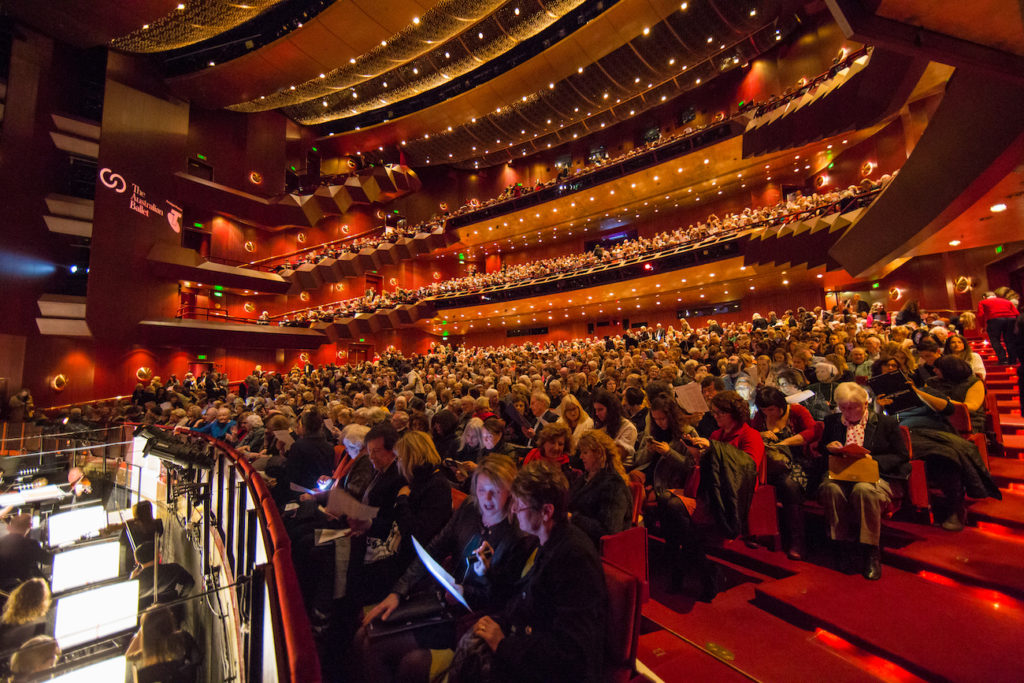Getting to work alongside a composer of the calibre of Jon Rose, who is well known and highly regarded both here and overseas, is a rare opportunity for an independent group like Atticus. “He (Rose) is pretty amazing. He’s probably one of the most important instrumental musicians in Australia,” muses Hamann. “In fact when you travel overseas in any kind of instrumental community one of the first things they’ll ask is do you know Jon Rose? He’s kind of really been a trailblazer and set the precedent for experimental improvisation and composition in Australia. He’s also written a lot about the importance of us being aware of our own musical heritage. We don’t always need to be looking overseas, there’s a wealth of talent here that’s been going on here for a long time.”
Whether it is because of this country’s relatively short history when compared to say Europe or America or in part due to our place on the world map, there has been a tendency for people in the musical world to overlook and perhaps disregard Australian music in favour of that which comes from aboard. Yet Hamann believes that contrary to popular belief Australia actually has a very proud and a very rich musical history. “Most people aren’t really aware of that (history) particularly with avant-garde experimental, progressive music because of our cultural and geographical isolation,” says Hamann. “People seem to come up with interesting ideas here that have maybe less value because you’re Australian.”
It could be argued that this is commonplace amongst just about every Australian musical community regardless of genre. However Hamann is adamant that in more recent times this perception has slowly begun to change. “In most art forms there’s definitely a culture that you need to go overseas and do your time there; it’s like you have to prove that you can make it overseas before you’re often regarded as credible here,” she says honestly. “I think it’s just how our cultural heritage has evolved and you know there are definitely people out there changing that.”
Despite this perhaps rather out-dated perception, the reality is that Australia produces some of the finest and most gifted musicians across all genres and styles, as good as any in the world. For a group like Atticus, confronting a piece of music such as Christou’s famous Praxis For 12 not only presents itself as a real challenge but also shows off this country’s raw, home grown musical talent.“The music itself that we play; a lot of the music we play is probably at the most difficult end of the spectrum,” Hamann admits. “There’s a lot of work involved; countless, ridiculous amounts of hours of individual practice before you even get into the rehearsal situation and then putting it together is another thing completely. Also, when you’re working with things that have never been played by anyone before or have never been played in Australia before you don’t have anyone to help you. There are a lot of production and problem solving that has to go into rationalising something from a page and turning it into a performance.”
Continuing with the philosophy of pushing musical boundaries and challenging conventions, alongside Atticus there will be a number of guest artists who will be performing improvised works and using electronics and multimedia to further explore new territory. “The idea was to draw musicians from a range of backgrounds and all engage in this repertoire. You know bringing lots of different kinds of disciplines together to react to the music,” says Hamann.
Translating a work such as Christou’s Praxis For 12 for example, from the page and turning it into a musical performance is one of the most challenging aspects for any string quartet. For Atticus, this is particularly so giving the rarity of the piece as well as the complex philosophy behind it. “I guess he (Christou) made it kind of easy for us by giving us the score,” jokes Hamann. “Every time we play it it might be slightly different. We’re not sure exactly what each musician is going to play so that in itself is metapraxis.”
BY JAMES NICOLI
